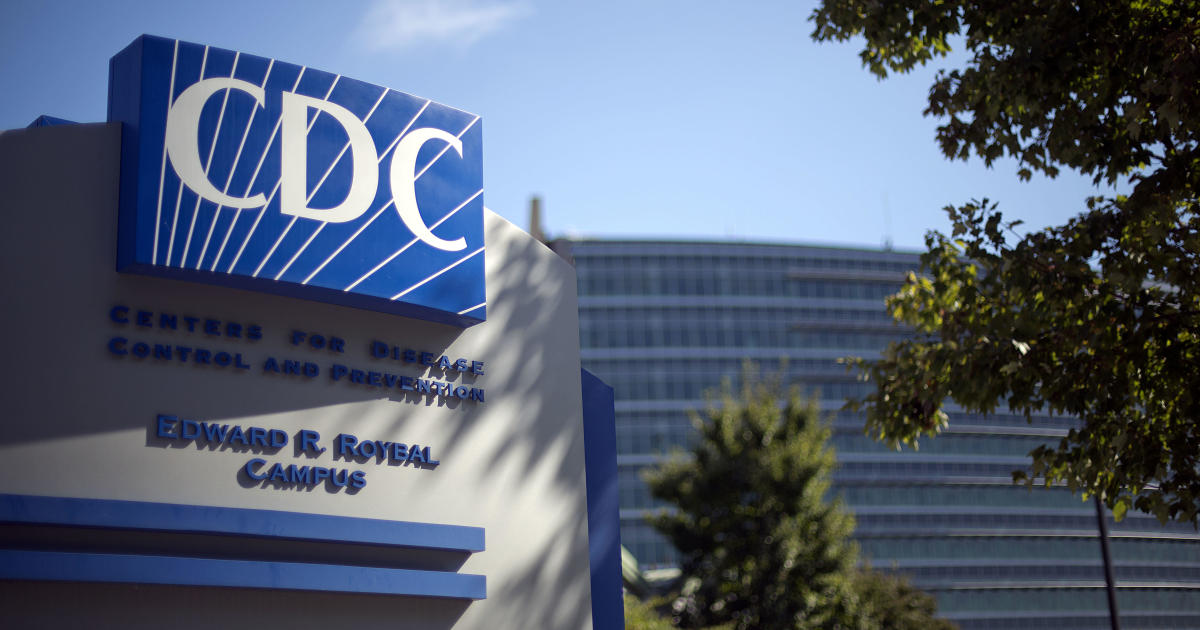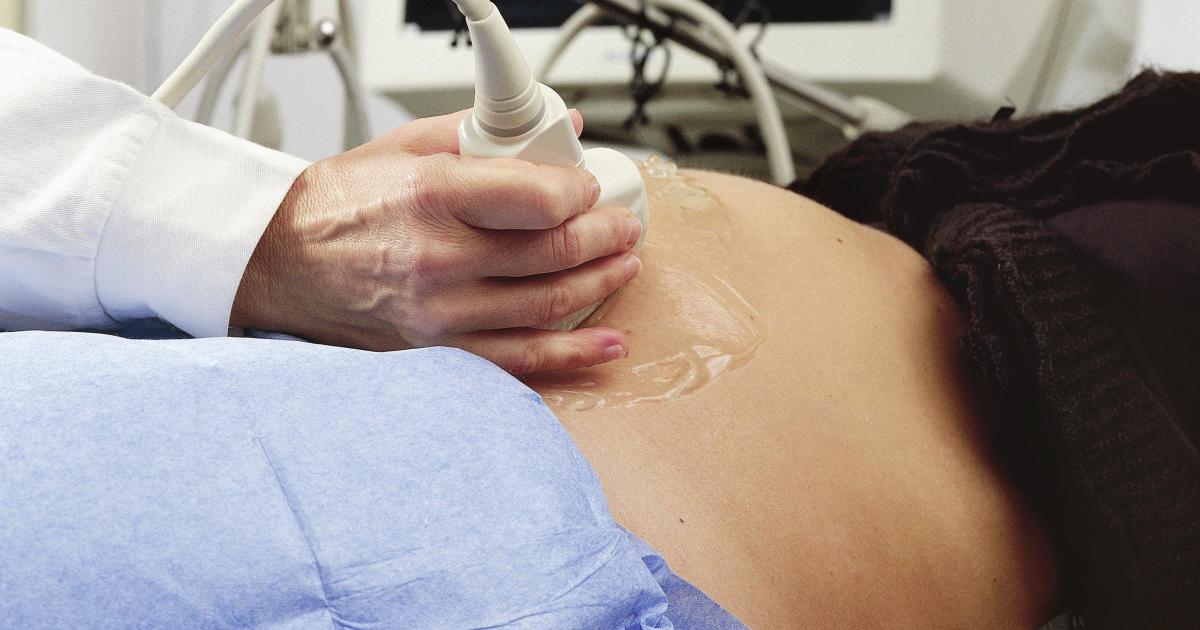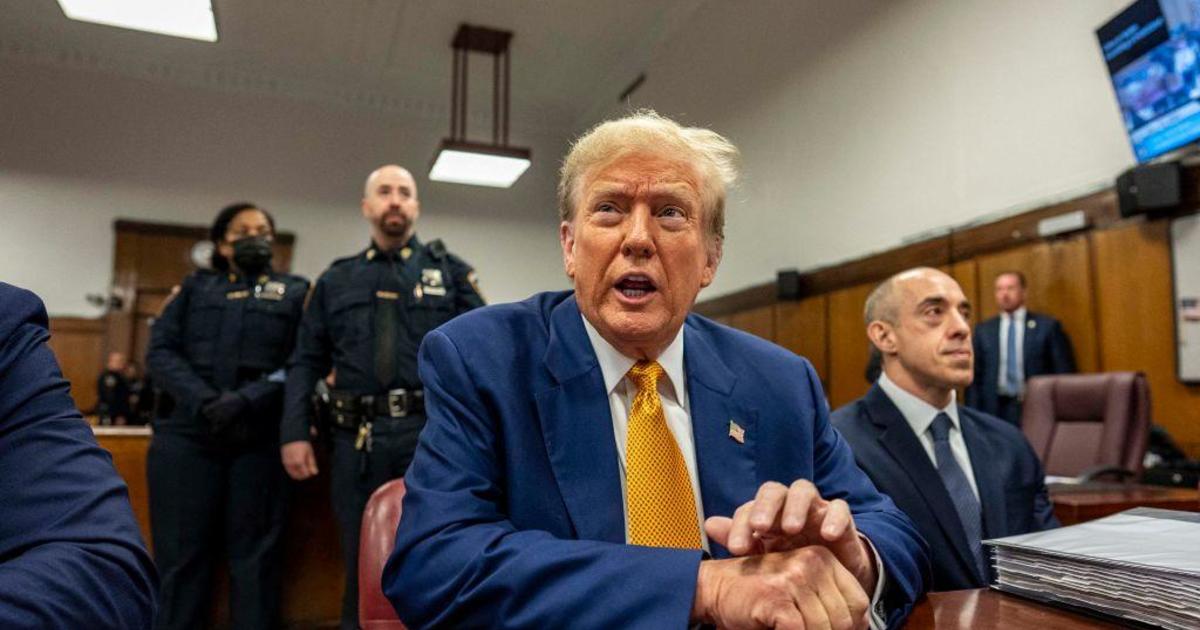Weeks after Trump vowed to eradicate HIV/AIDS, report shows progress on prevention has stalled
Just weeks after President Donald Trump vowed to eradicate HIV/AIDS in the next decade during his State of the Union address, a new CDC report says progress on HIV prevention has stalled.
Annual numbers of new HIV infections trended downwards for years, but the decline leveled off by 2013. Officials say since then, about 39,000 infections occur per year. Approximately 1.1 million Americans are living with HIV today.
"Now is the time for our Nation to take bold action. We strongly support President Trump's plan to end the HIV epidemic in America," CDC Director Robert R. Redfield, M.D., said in a statement. "We must move beyond the status quo to end the HIV epidemic in America."
During his State of the Union address to the nation on Feb. 5, Mr. Trump called for support of a national plan to stop HIV.
"My budget will ask Democrats and Republicans to make the needed commitment to eliminate the HIV epidemic in the United States within 10 years," he said. "Together, we will defeat AIDS in America."
The plan is focused on four main strategies: diagnosing HIV as early as possible; treating the virus rapidly; protecting those at risk through proven methods of prevention like pre-exposure prophylaxis (PrEP), a daily pill to reduce the chances of infection; and responding rapidly to growing HIV clusters to stop new infections.
The initiative's goal is to reduce new HIV infections by 90 percent over 10 years.
However, upon hearing Mr. Trump's remarks, many critics weren't convinced he would be able to deliver on that promise, pointing out that the administration's actions have not matched his rhetoric so far.
In a statement, more than a dozen HIV/AIDS advocacy groups, including AIDS United and Gay Men's Health Crisis, said "We stand ready to work with him and his administration if they are serious. But to date, this administration's actions speak louder than words and have moved us in the wrong direction."
The organizations cited "the President's attacks on the Affordable Care Act and proposed cuts to non-defense discretionary spending [that] have threatened to undermine our efforts to end the HIV epidemic."
In its 2018 proposed budget, the Trump administration proposed diverting money away from HIV/AIDS research to fund detention centers for undocumented immigrant children.
While CDC officials say they remain optimistic, Dr. David Holtgrave, an HIV expert who is dean of public health at the State University of New York at Albany, notes that the new data shows the government fell short of previously set goals for reducing the spread of HIV by 2015.
When it comes to President Trump's 2030 goal, unless the federal government offers funding of at least several billion dollars a year, "it's extremely unlikely that will occur," Holtgrave told the Associated Press.
The new report also looked at trends in HIV infections among multiple subgroups. Gay and bisexual men continue to account for about 70 percent of new infections. Particularly concerning, new infections increased 30 percent among Latino gay and bisexual men. While new infections decreased for younger black and Latino gay and bisexual man, they increased about 65 percent among those aged 25 to 34 in both groups.
The CDC says the decrease in HIV infections has likely plateaued because effective HIV prevention and treatment are not adequately reaching those who could most benefit from them.
"After a decades-long struggle, the path to eliminate America's HIV epidemic is clear," said Eugene McCray, M.D., director of CDC's Division of HIV/AIDS Prevention. "Expanding efforts across the country will close gaps, overcome threats, and turn around troublesome trends."




